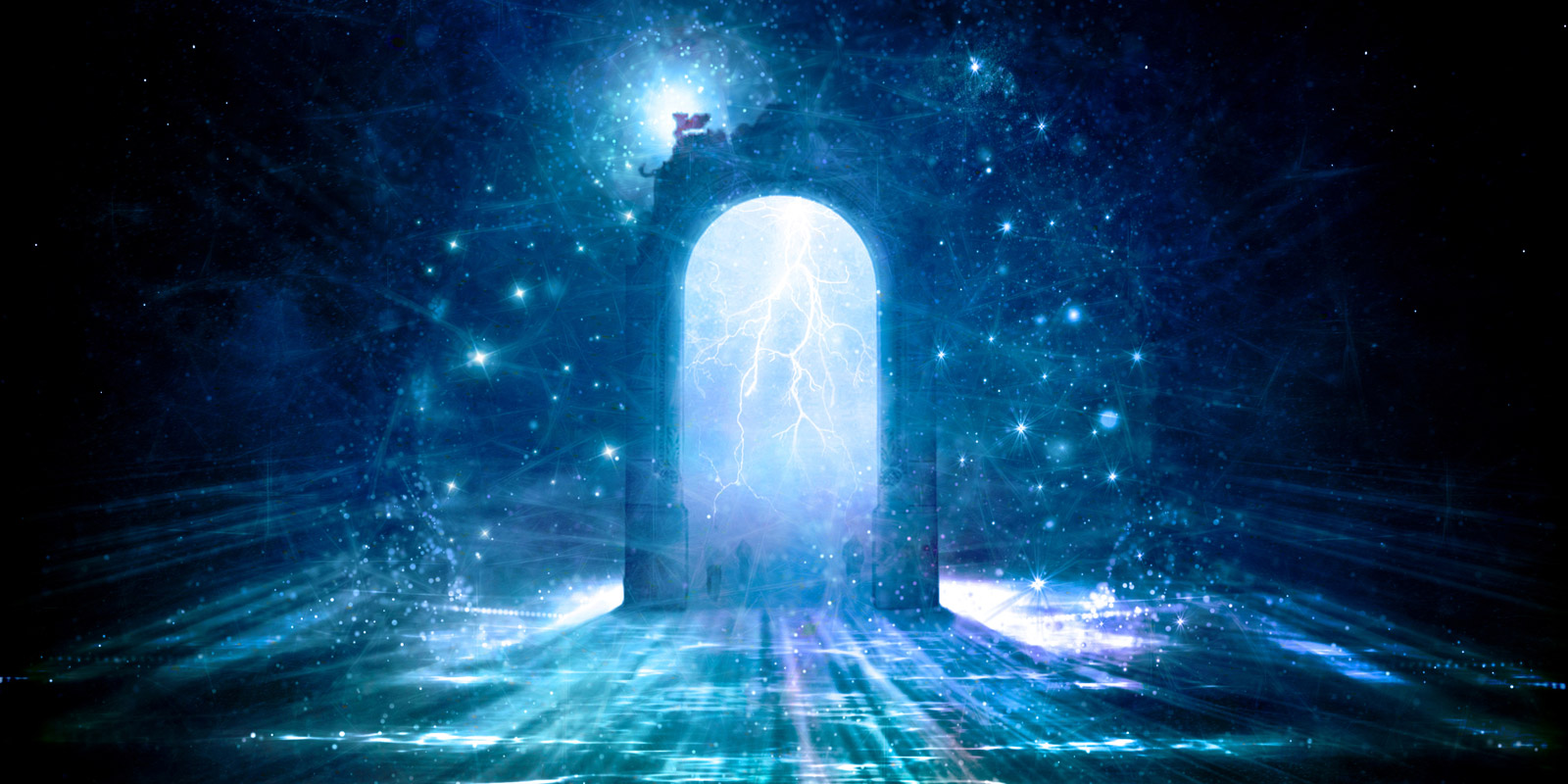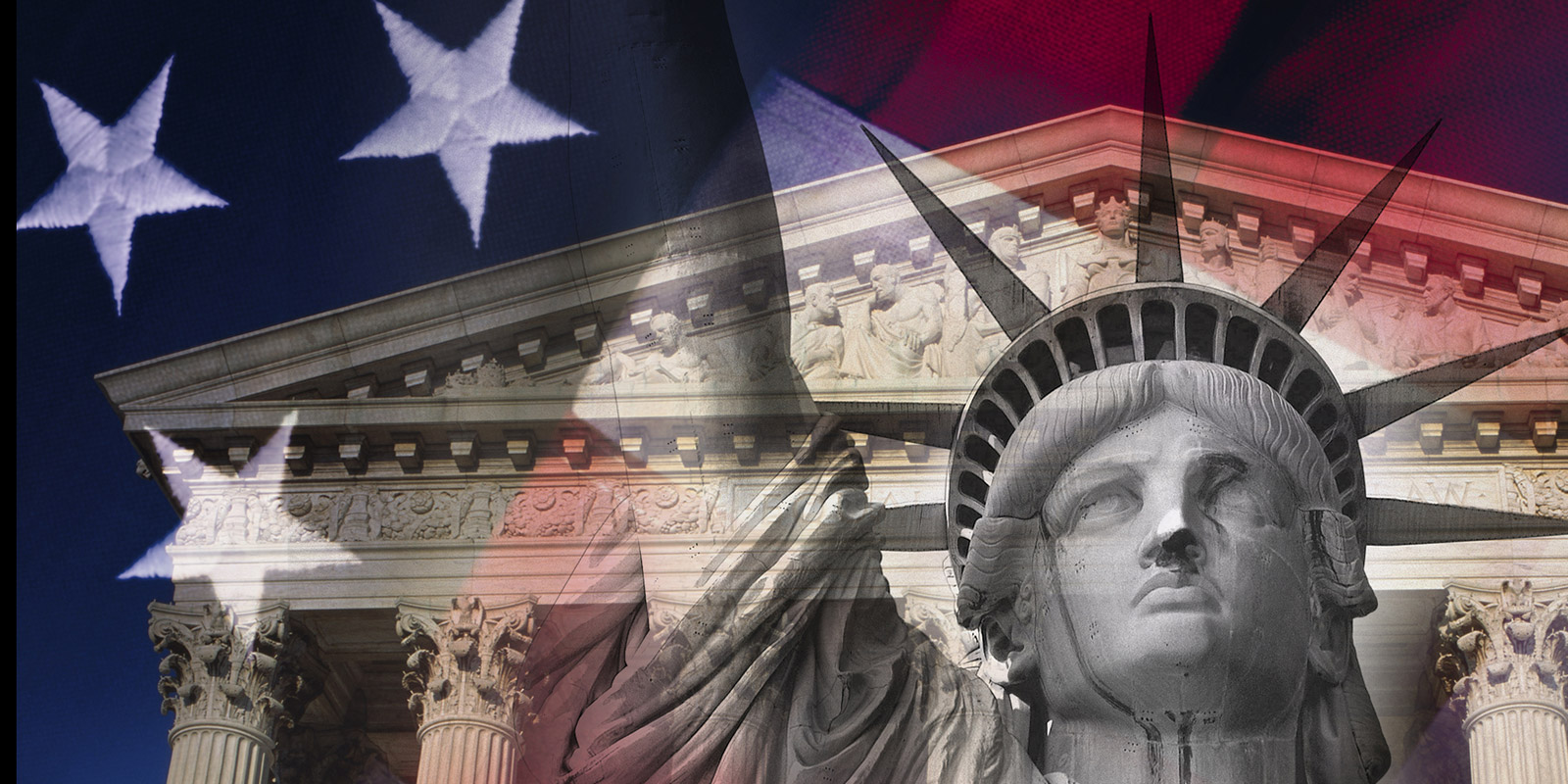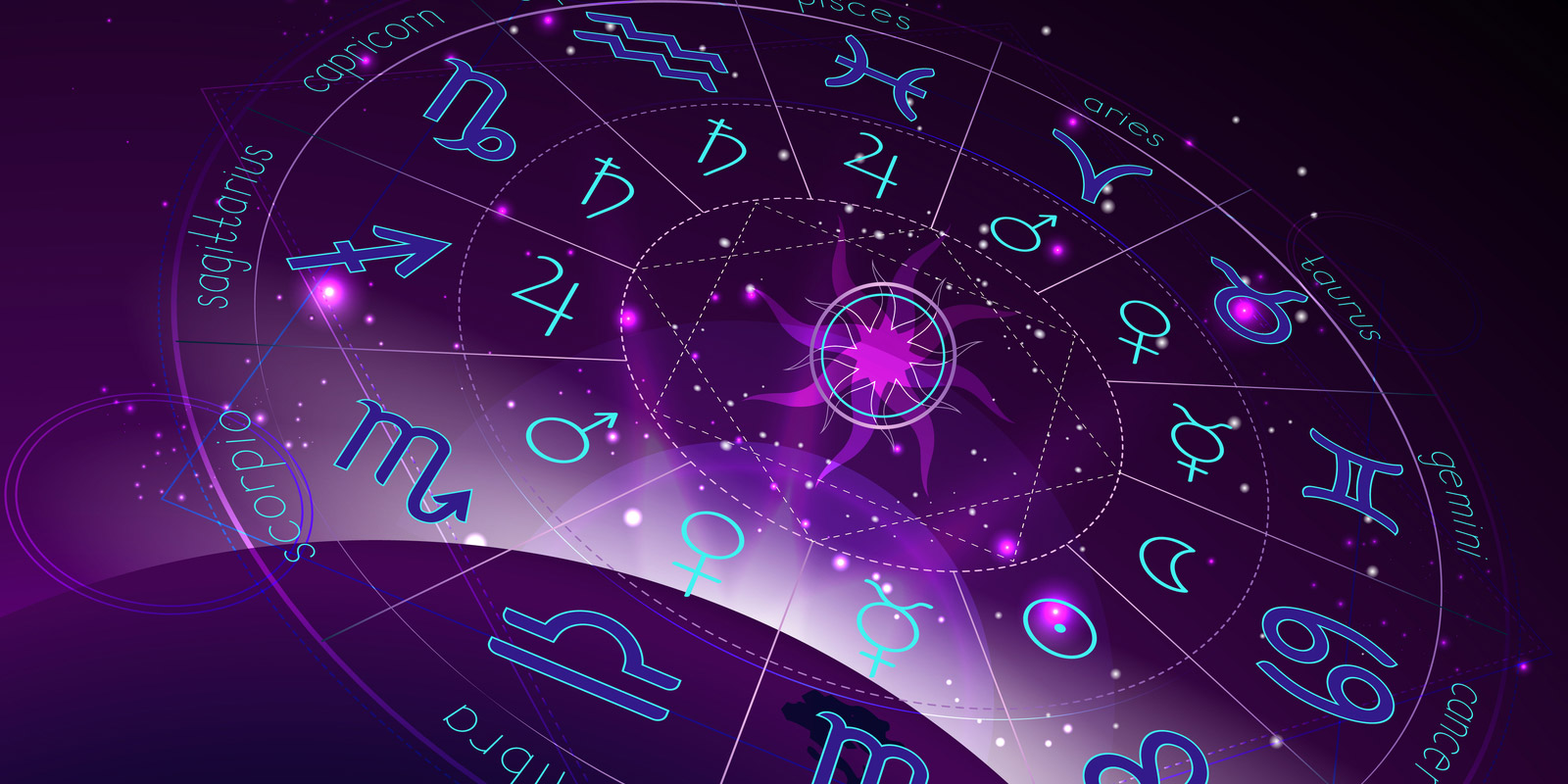Are you old enough to remember when food tasted great? I am. When I was a kid, my mother would give me a dime to walk down to the corner farm and buy fresh-picked corn on the cob for dinner. It was heavenly. My grandmother raised almost all of her produce, not only vegetables, but pears, apples, peaches, cherries and copious amounts of berries which she turned into delicious jam. Her garden was nourished by composted scraps – from table to garden and back again. Nothing was wasted.
Today with industrial farming and mass production of useless trinkets, Americans alone produce nearly 210 million tons of solid waste per year. Over 2/3 of that is edible. The good news is that we now recycle about 40% of that, but we can do better. Fortunately there are visionaries among us dreaming up ways to wed economic growth to sustainable design.
One of these is Martin Ogle. Inspired by Gaia Theory, he founded a non-profit organization called Entrepreneurial Earth. His mission is to enlighten the business world about our place in nature.
Gaia Theory, stated simply, is the realization that our planet is a single living system capable of self-regulation to maintain order, balance and harmony among all species. Metaphysicians go further claiming that Gaia is a living consciousness, far wiser and more benevolent than mortals can imagine.
We humans evolved out of this system and are symbiotic with it. We are made of the same ingredients and depend upon the same resources as all other species on Earth. We cannot live without it and yet we treat our planet, our home, as an object over which we have dominion, a personal possession whose resources we plunder, a dumping ground for our copious waste.
Martin blames our paradigm. Our current economy is running on the principles of Social Darwinism that values competition above all else, but nature reveals herself to be a symbiotic, organic, cooperative and interdependent whole. At what point do we start to function out of cooperation and move away from competition?
Martin hopes to shift that perspective. He is working with businesses to help them develop products that are perpetually recyclable. He emphasizes designing sustainability into business plans. He also knows that to create lasting change, he must reach the children and instill in them a reverence for the wonders of nature.
Another pioneer in this field is William McDonough, a green-minded architect who designs factories, office buildings and cities around the world with the aim of sustainability. Check out this 2005 Ted Talk about his remarkable innovations in perpetually renewable materials, self-sustaining city planning and housing design. I laughed out loud at his dry wit. Humor is always a bonus, but I warn you, he doesn’t mince words.
McDonough says that design is the first signal of human intentions. He suggests that we make a priority out of his number one design question, “How do we love all the children of all species for all time?” His prescription starts with three basic ideas:
- Use solar energy daily.
2. Eliminate waste. Waste equals food. By-products should be designed as food for something else.
3. Honor diversity. He emphasizes the interdependence of all species. A healthy system is the one with the greatest diversity.
Another bit of good news: I discovered recently that Google offers a free browser extension, called Ecosia, that donates its profits to counter climate change by planting trees. Think of it – every time you browse you are helping reforest the Earth. And you probably know that if you make your Amazon purchases through Amazon Smile, a percentage of your payment goes to environmental organizations. Every little bit counts.
Finally for your viewing pleasure, this YouTube video is amazing. Watch “The Beauty of Pollination” to see the Gaia principle in action.





Michel
Thank you darling Diana for continuously refreshing my love of our planet.